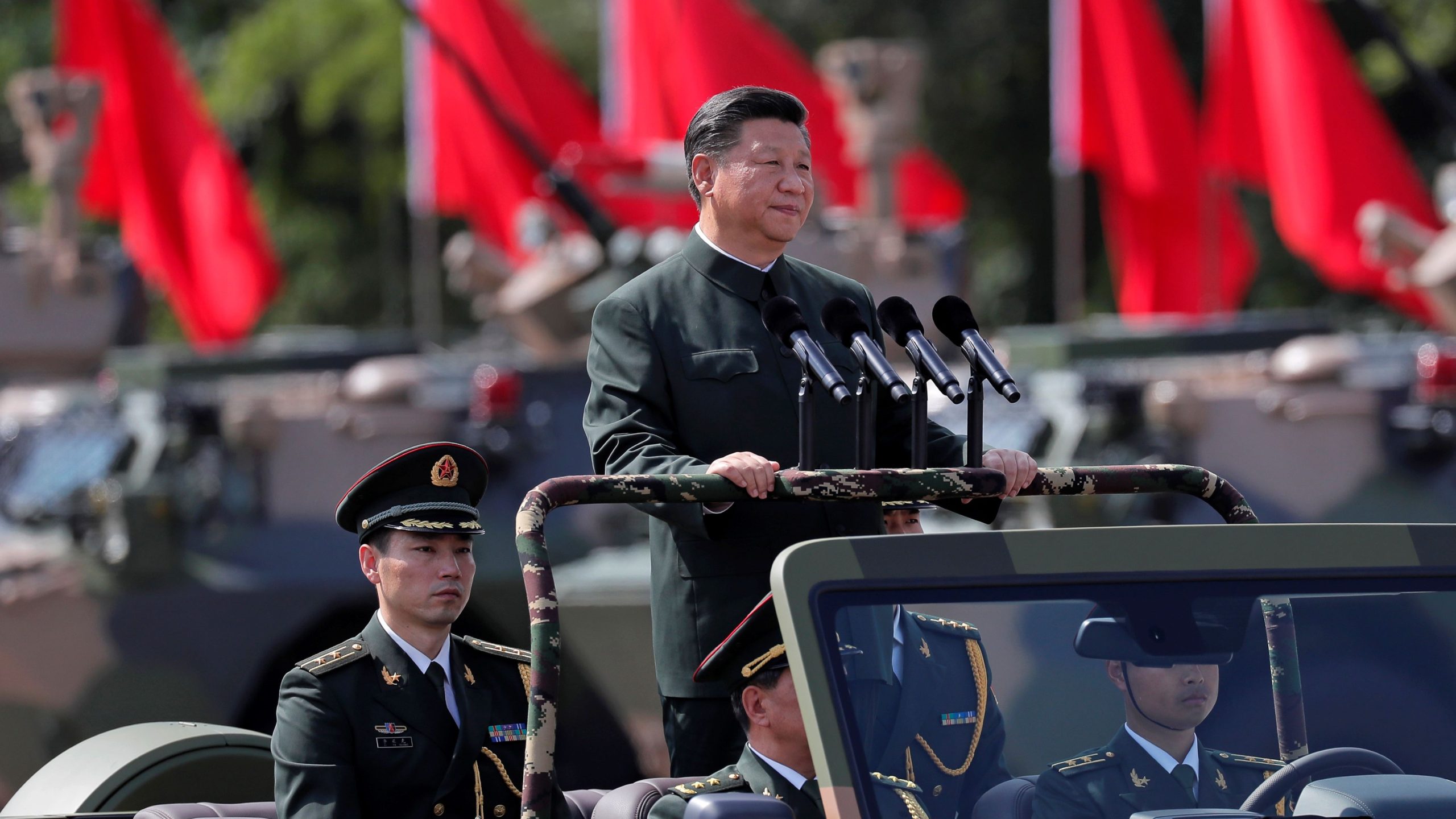
Recent developments within China’s People’s Liberation Army (PLA) have revealed a significant shift in the country’s military. A series of unexpected leadership changes, coupled with the ousting of high-ranking military lawmakers, suggest that President Xi Jinping is actively consolidating his control over the armed forces. These actions have raised questions about the PLA’s internal dynamics and potential implications for regional stability.
Two Military Lawmakers Abruptly Removed
In a move that has captured international attention, China’s top legislative body, the National People’s Congress Standing Committee, recently revoked the membership of two prominent military lawmakers, You Haitao and Li Pengcheng. The official report cited “violations of law and discipline” as the reason for their removal, a phrase often used by the Communist Party to indicate corruption.
You Haitao, a former deputy commander of the PLA Ground Force, and Li Pengcheng, the navy commander of the Southern Theater Command, are the latest casualties in what appears to be a widening purge within the military’s upper ranks. The Southern Theater Command, responsible for overseeing the South China Sea, has been a focal point of territorial tensions in recent years. Notably, Li’s predecessor, Ju Xinchun, was also removed from the parliament a year ago under similar circumstances.
Anti-Corruption Campaign Continues Unabated
Last month, a senior official on the Central Military Commission, the nation’s highest military body, was suspended. Additionally, China recently appointed a new political commissar for the Ground Force, a move that surprised many observers. These developments have led to speculation about the extent of corruption within the PLA and the potential impact on its modernization efforts. The US Defense Department has expressed concerns that these graft probes could hinder the PLA’s ability to modernize its forces.
Xi Jinping’s Consolidation of Power
President Xi Jinping, often described as China’s most powerful leader since Mao Zedong, has been actively strengthening his grip on the military. This year, he ordered a major reorganization of the armed forces, replacing the Strategic Support Force with three new branches. He also convened the first military-political work conference since 2014, a gathering he previously used to assert his authority over the PLA.
These actions underscore Xi’s determination to ensure the military’s loyalty and obedience. The recent appointment of General Chen Hui as the new political commissar for the Ground Force further highlights the emphasis on political loyalty.
Unexpected Appointment of General Chen Hui
In a surprising move, China appointed General Chen Hui as the new political commissar for its Ground Force. This appointment, reported by the official Xinhua news agency, is seen as a clear indication of President Xi Jinping’s ongoing efforts to tighten military discipline and ensure loyalty within the ranks. General Chen, who previously served in the Air Force and was recently named the political commissar of the new PLA Aerospace Force, replaces Qin Shutong.
General Chen’s appointment is particularly noteworthy because he has no prior experience in the Ground Force and has been serving in the Aerospace Force for less than a year. As reported by state broadcaster China Central Television, the lack of an official explanation for Qin’s departure and the absence of both Qin and Ground Force Commander Li Qiaoming from Chen’s promotion ceremony have raised eyebrows. This apparent break from tradition has fueled speculation about potential internal disagreements or power struggles within the PLA.
A Military in Disarray?
The recent upheavals within the PLA suggest a military in flux. The ongoing purges, coupled with unexpected leadership changes, have raised questions about the stability and effectiveness of China’s armed forces. While the anti-corruption campaign may aim to root out graft and improve efficiency, it could also have unintended consequences.
The removal of experienced commanders and the appointment of individuals with limited experience in their new roles could disrupt the PLA’s operational capabilities. Moreover, the climate of fear and uncertainty created by the purges could stifle initiative and hinder decision-making within the ranks.
